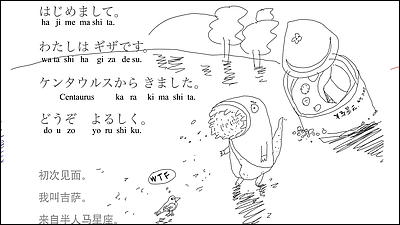How is "memory" formed and why forget about memory?

As time goes by, memories of the past gradually diminish, and if you get older you will have trouble with memory such as immediate remembrance of recent events. About the mechanism of "memory" in such a brain, I explained the animation easily and clearly "How memories form and how we lose them"Has been released.
How memories form and how we lose them - Catharine Young - YouTube
It is easy to remember the scenes that are intensely remembered, such as the time spent with a lover.

However, it is difficult to remember the memories of impression, such as "What did you eat for lunch three weeks ago?"

What is the difference between what makes people easy to memorize and what they forget to remember?

Also, why do things that you remembered clearly for a long time will be forgotten as time passes?

First let's see the mechanism by which memory is formed.
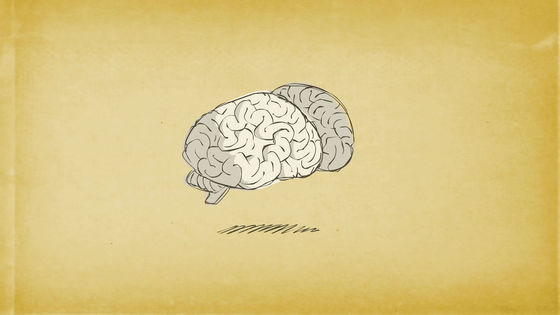
For example, taking some action such as "making a phone call" ...
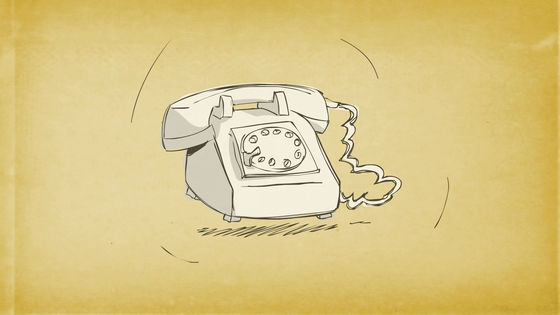
That experience will be converted into an electric signal.

Electrical signals run across the neuron network of the brain.

Electrical signals are stored in the brain's short-term memory area for several minutes.
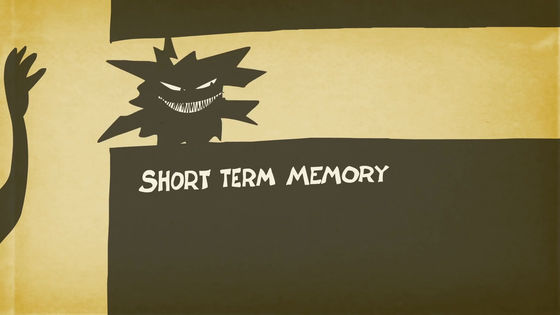
after that,HippocampusThrough ......

Move to the part responsible for long-term memory in the brain.

Memory will stay within multiple regions of the brain related to memory.

The junction between neurons (neurons) of the brain is "Synapse"It releases a special neurotransmitter between cells.
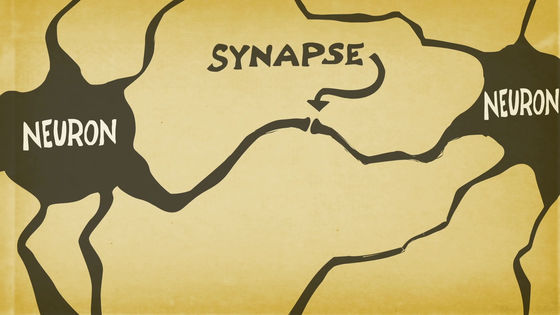
When signals are transmitted frequently between two neurons, the connection between nerve cells is strengthened.

By strengthening the connection between nerve cells, signal transmission efficiency increases.
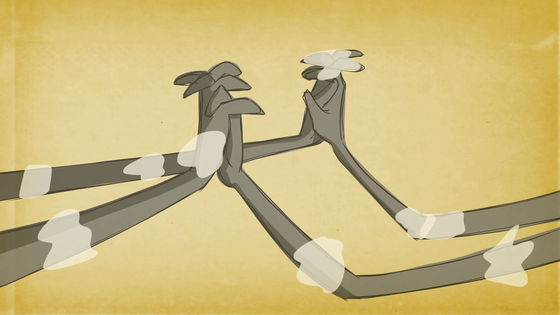
This connection is "Long term enhancement(Long-term potentiation, LTP) "and is considered to be one of cellular mechanisms.
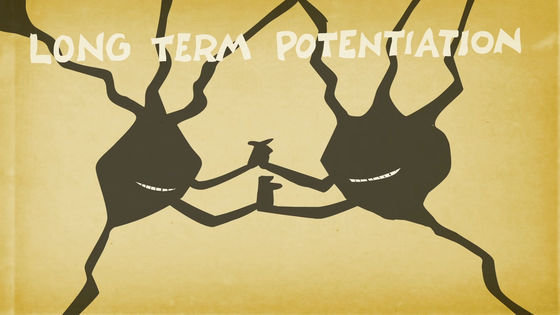
So, when people forget memory, what is going on in the brain?

One factor that causes memory impairment is "aging". Taking age, nerve cells are scratched and weakened.
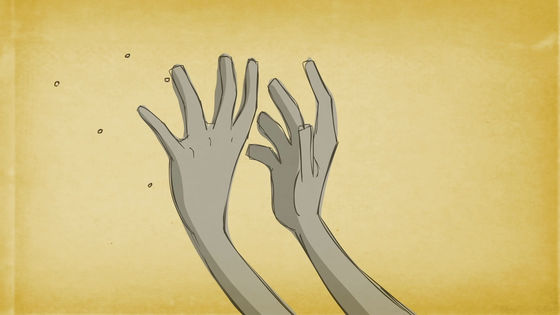
Weakening the function of synapses between neurons makes it difficult to keep memory.

In addition, the number of cells decreases with aging, and the size of the brain itself shrinks little by little.
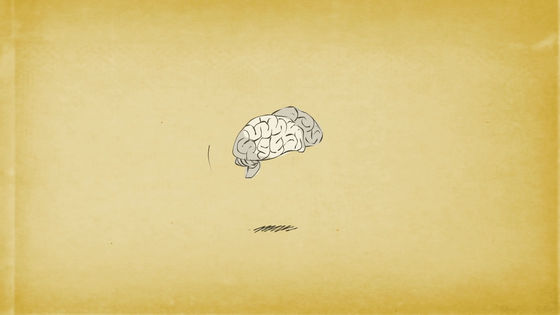
The hippocampus loses nerve cells by 5% of the whole every ten years, and the old man of 80 years seems to be fewer than the young person of 20 years, the number of hippocampal neurons is 20% less.
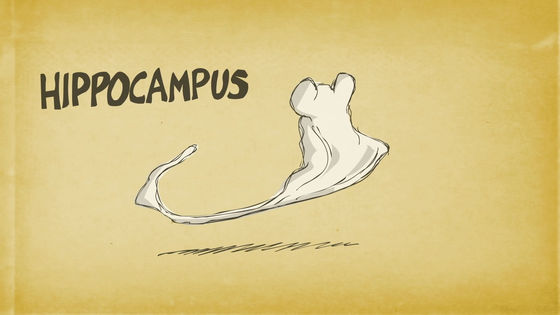
As the number of neurons decreases, neurotransmitters are less likely to be synthesized, and the connection between nerve cells weakens, making it difficult to keep memory.

In addition, there is also a harmful effect that if the number of nerve cells decreases it will be difficult to retrieve long-term memory.

Next, let's look at the mechanism to construct a new memory. It is easy to memorize when concentrating or what you are interested in.
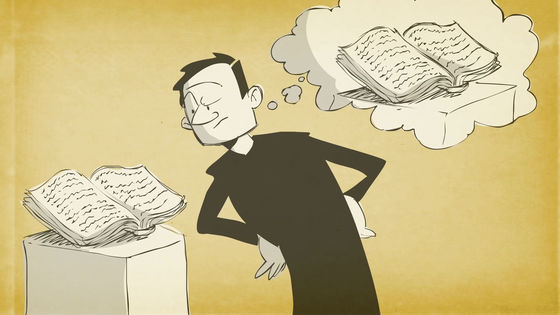
Age also greatly relates to accumulation of new memories. As each year grows mental and physical health falls lower than when they are young, it becomes more difficult to concentrate, making new things difficult to memorize.
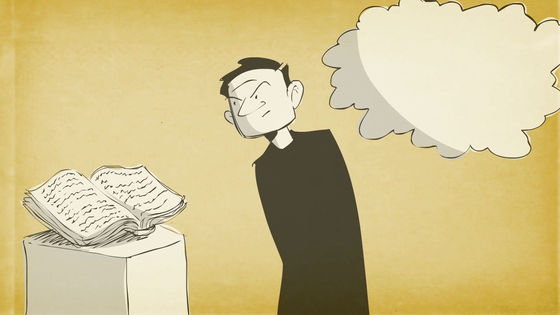
In addition, those who have chronic stress (chronic stress) are likely to cause memory disturbance.
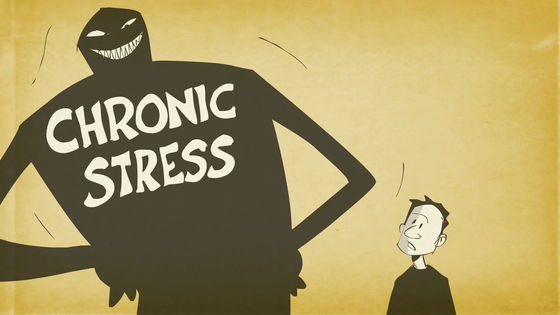
Stress-causing chemicals have the effect of collecting energy in the brain and increasing attention.
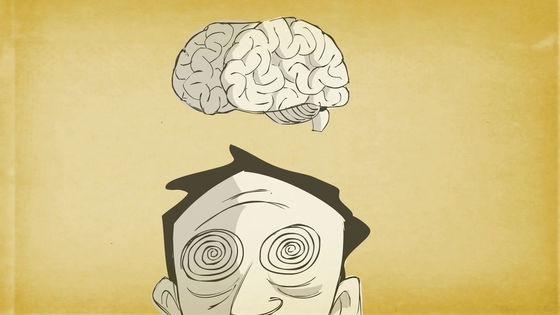
This mechanism is provided to humans as a physiological mechanism so that human beings can survive in any crisis.
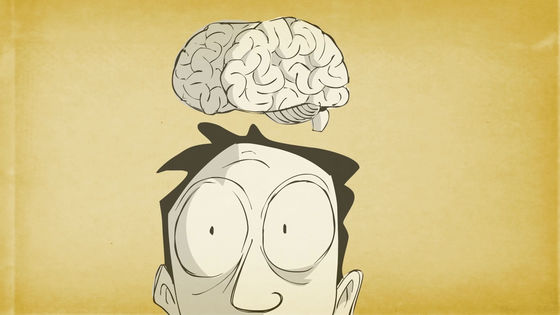
However, when you feel chronically stressful, chemicals overflow in the body ... ...

Brain cells are destroyed or new neurons can not be created. Therefore, it is difficult to keep new memories.
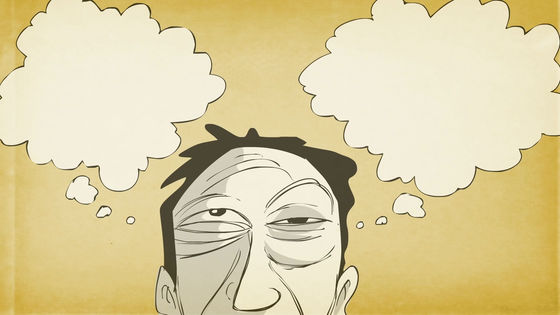
It is also clear that patients with depression have a 40% higher chance of causing memory impairment than those who are not sick.

It is also one of the tendencies of depression that I feel mindful only about sad events that have happened in the past. I am not interested in new information and it is difficult to keep short-term memories.
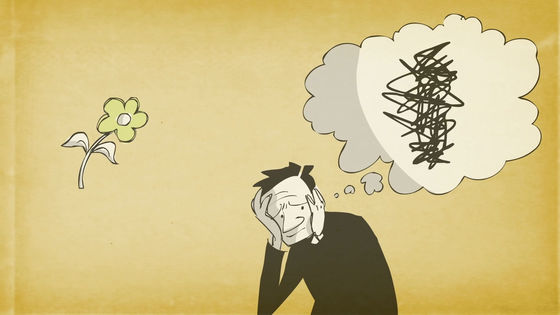
Loneliness is also one of the factors that causes memory impairment.

Studies conducted by the Harvard Public Health Graduate School for six years have shown that elderly people with social relationships with the surrounding people have a slower rate of memory loss than the lonely elderly It is.
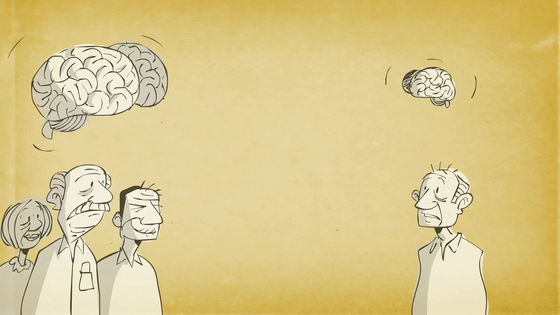
The reason why the elderly losing memory by being involved with other people becomes gentle is not clearly understood, but researchers say "If the movement of the brain is activated by social exchanges Is not it? "

In order to keep memory, it is necessary to keep moving the brain even when it is older.
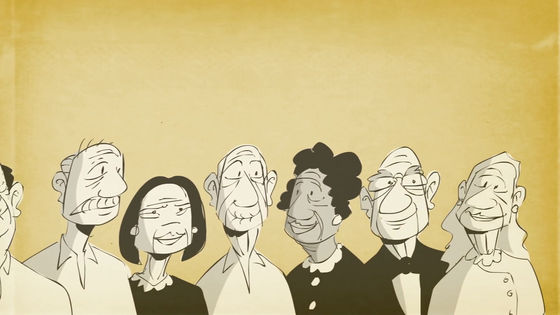
There are several ways to keep your memory even if you get older. First of all, "to exercise well", sending blood to the brain is effective to keep memory.

Next, "eating well". In order to make the brain function properly, it is necessary to distribute nutrition to the brain.

Finally "training the brain". Always challenging, such as learning languages you do not know is effective for keeping memories.
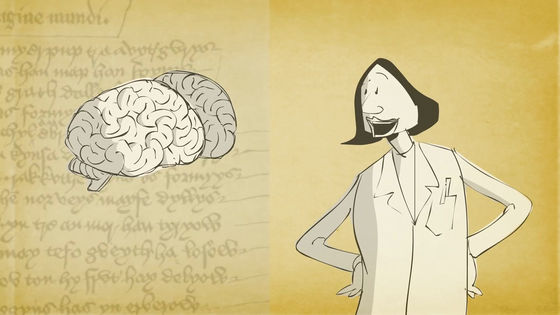
Related Posts:


